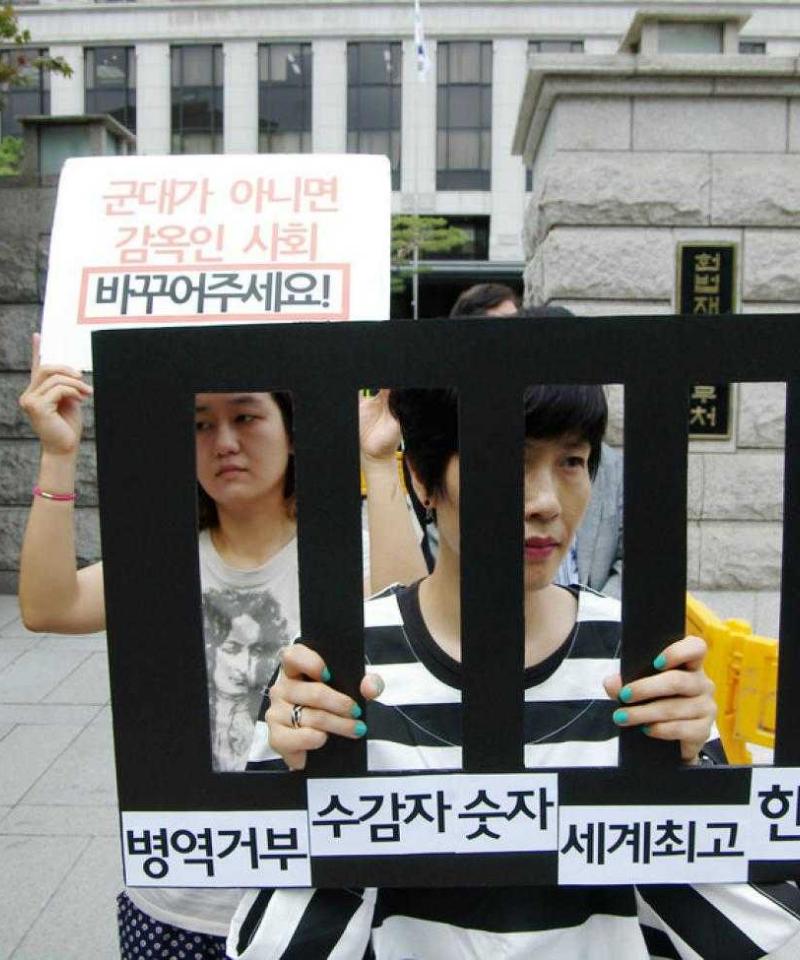South Korea: Constitutional appeal filed against punitive alternative military service law

A conscientious objector from South Korea who is currently performing his alternative service as prison staff has filed a constitutional appeal regarding the punitive alternative military service law. The appeal is made on grounds that the alternative military service law is unconstitutional due to its punitive nature.
In South Korea, there is conscription and all able-bodied men are required to carry out military service from 18 to 22 months. In December 2019, the National Assembly passed a new law introducing alternative service, after the landmark rulings by the Supreme Court and Constitutional Court in 2018, for conscientious objectors who refuse to take up arms on religious or other grounds.
The new law, however, set extreme punitive measures for conscientious objectors, including requiring them to work in a jail or other correctional facilities for 36 months. According to law, during this 3-year period, conscientious objectors are required to work, eat and sleep in prisons although they live apart from the inmates.
The petition filed to the Constitutional Court on 25th January stated that the alternative service law violates the freedom of conscience and the rights to happiness and equality.
As reported by the Korea Times, the petitioner, who is reported to be a Jehovah’s Witness started his alternative service at a local prison in 2020, “insisted that two clauses of the law, which require 36 months of in-camp service twice the active-duty service duration of 18 months, run counter to the Constitution, due to their punitive nature.”
The petition is known to be the first constitutional appeal filed in relation to the alternative service law.
The first group of 63 conscientious objectors started their alternative service at local correctional facilities, in October 2020, following the introduction of the alternative service law in December 2019. During their 36-month service, conscientious objectors are assigned tasks such as, serving and cooking meals and supporting facility management.
As reported by the Amnesty International, at 36 months’ duration, South Korea’s alternative service is the longest in the world and South Korean conscientious objectors are “confronted with little more than an alternative punishment.”
In a statement in December 2019, Amnesty International also highlighted other concerns regarding the law including that the alternative service is not wholly under the control of a civilian body, separate from the military authorities. The law states that applications for alternative service is assessed by a committee under the Military Manpower Administration, which is part of the Ministry of National Defense.
As Amnesty International statement said:
Under international human rights law and standards, states with compulsory military service are obliged to provide genuinely civilian alternatives. These should be of a comparable length to military service, with any additional length based on reasonable and objective criteria. The process for evaluating claims to be recognized as conscientious objectors and any subsequent work service must also be under civilian authority.
Similar concerns were also highlighted by two independent UN experts who wrote to the South Korean government in November 2019 about the alternative service bill.
Add new comment